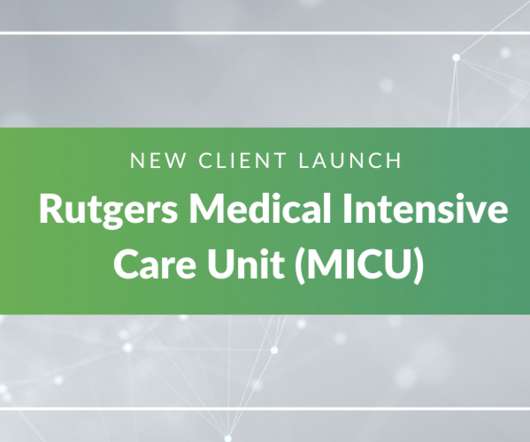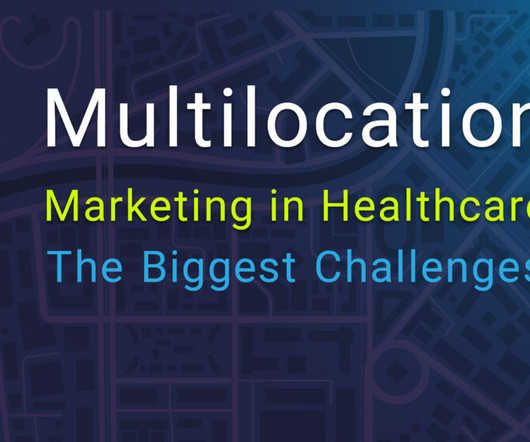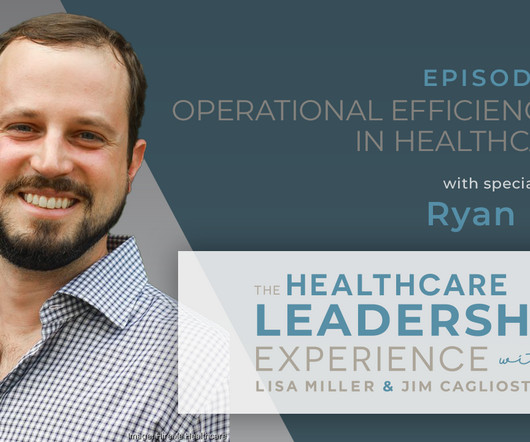Healthcare Marketing Trends in 2024: How to StayAhead
Healthcare Success
JANUARY 2, 2024
health conditions, clinical decisions, spread of disease). For example, it can help target specific patient demographics for marketing campaigns or tailoring content based on an individual’s health care needs. It can also help providers provide personalized treatment based on an individual’s medical history or genetic profile.













Let's personalize your content